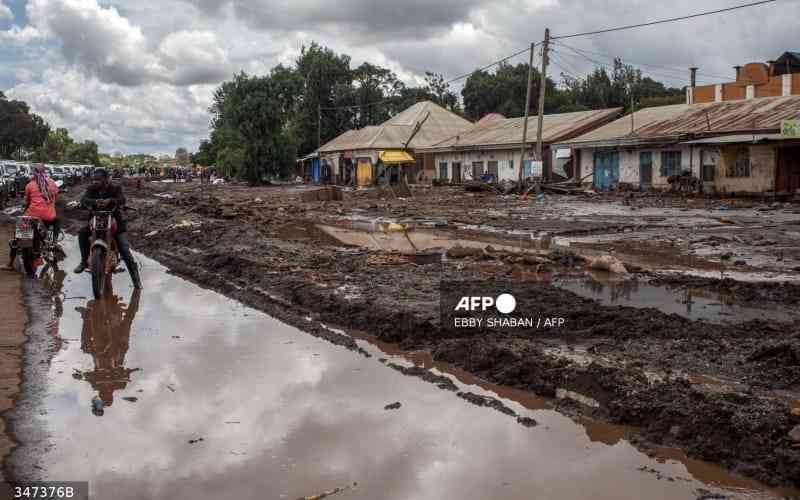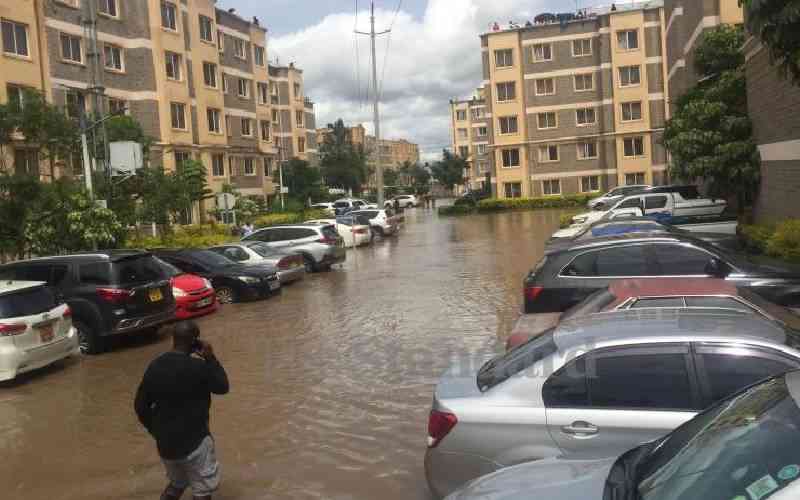NAIROBI: This has been a gloomy month for Kenya. The economy continued tanking, with the Treasury making a startling admission that the country is having cash management challenges and interest rates hitting the mid-twenties. It was also the month that the much-predicted El Niño showed its ugly side, hitting us with unusual torrents of vicious rains.
The Controller of Budget released her report and it was clear that financial mismanagement continued to be a cancer both at the National Government ministries and at the counties. It was, therefore, gratifying to receive one unusual piece of good news, the jump by Kenya in the ease of doing business index by a whopping 21 places, becoming the third most improved country in this World Bank ranking.
For a country that has consistently been recording drops in most parameters of good and efficient government, this was welcome news. What was exciting about this development is that unlike other parameters like corruption which are about perception, this assessment was based on measurable realities. In two years our service delivery in key components like business registration, credit access, utility connections, had improved significantly. Granted, we are still way below where we should be; we are at position 108 out of 189 and it still takes us an average 26 days to register a business against Rwanda’s two days, but this improvement must be celebrated especially the speed within which it has occurred. It means that with the right focus, it is possible to revolutionise service delivery within the public sector. There is no reason why that trajectory should not bring us to the top 50 nations in the next year. Indeed we expect that the ongoing digitisation of the lands and other registries and the expansion of the Huduma Centres and various e-government initiatives will deliver a first world public service in the next few years.
What has surprised me is that our media generally down played that story and immediately went back to our usual menu of never ending political intrigues. I have always been concerned with this commitment to continually down play our achievements and emphasize our failures. I will be the first to admit we have many failures, we self-immolate enough not to miss them! Indeed, if I want to be depressed about Kenya, I only need to spend a couple of hours on social media and all hope for Kenya will be lost. I also recognise that we must be brutal in criticising our failures.
My concern is that if our failures are what we emphasise the most, two negative consequences follow. On the one hand many people making investment, or just holiday destination decisions, and who don’t know our reality other the one we flaunt in the media assume that these negative stories are our entire story, which is not true. They naturally pass us and move to more hopeful destinations. The impact of this on our economy, which requires others to invest their hard earned money in, is disastrous. On the hand at the local level this incessant negativity enhances a sense of despondency that makes it difficult for Kenyans to invest any energy in the improvement of the country’s circumstances.
Lest I be misunderstood, this is not a call to cover up our many misdeeds, patriotism demands that we criticise our government and challenge our leaders to take their responsibility seriously. This is a call to recognise that our story is not just of failure but also of many successes.
Secondly, to remind us that whilst many people will retell the story of our failures, only we can tell our success story.
One of the best examples of the failure to blend stories of success and stories of failure is the story of devolution. Whilst it is true that there has been devolved corruption in our county governments, it is also true that taken as a while, these governments have transformed the countryside. Unfortunately only in a rare moment does one hear a positive narrative. Instead one hears incessant lamentations of the failures of counties. Honestly, we owe our country a more complete narrative, which so far we have not been good at telling.
 The Standard Group Plc is a
multi-media organization with investments in media platforms spanning newspaper
print operations, television, radio broadcasting, digital and online services. The
Standard Group is recognized as a leading multi-media house in Kenya with a key
influence in matters of national and international interest.
The Standard Group Plc is a
multi-media organization with investments in media platforms spanning newspaper
print operations, television, radio broadcasting, digital and online services. The
Standard Group is recognized as a leading multi-media house in Kenya with a key
influence in matters of national and international interest.
 The Standard Group Plc is a
multi-media organization with investments in media platforms spanning newspaper
print operations, television, radio broadcasting, digital and online services. The
Standard Group is recognized as a leading multi-media house in Kenya with a key
influence in matters of national and international interest.
The Standard Group Plc is a
multi-media organization with investments in media platforms spanning newspaper
print operations, television, radio broadcasting, digital and online services. The
Standard Group is recognized as a leading multi-media house in Kenya with a key
influence in matters of national and international interest.








